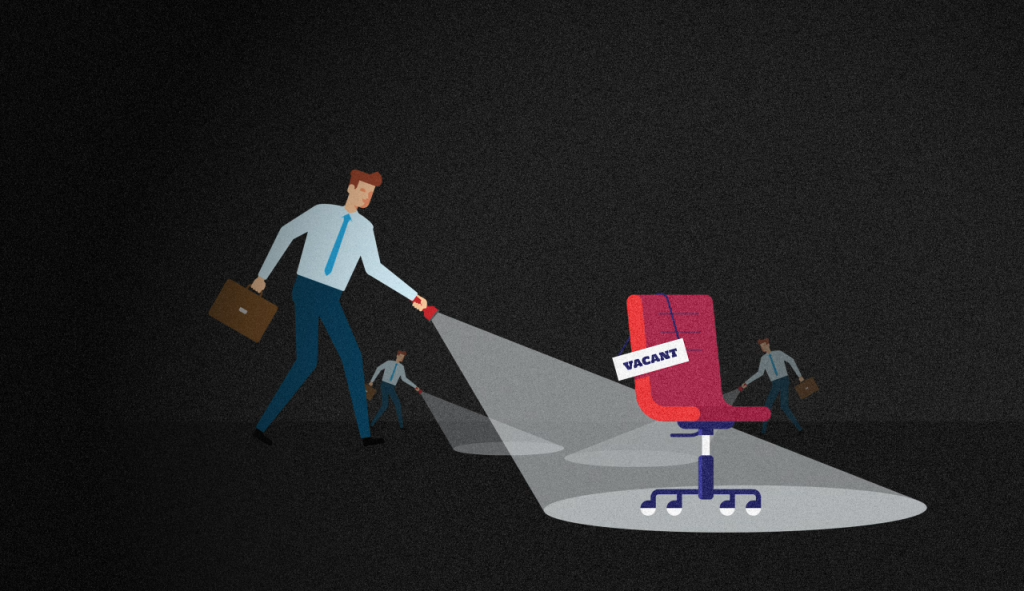AI May Already Be Shrinking Entry-Level Jobs in Tech, New Research Suggests

The impact of AI on job markets has long been debated, and new research indicates it might already be affecting entry-level hiring in the tech industry. A recent survey by the World Economic Forum found that 40% of employers plan to reduce staff as AI tools automate certain tasks.
SignalFire, a data-driven VC firm, has noticed a decline in hiring trends for recent graduates, particularly in the tech sector. In 2024, big tech companies reduced their hiring of new grads by 25%, while startups decreased by 11%. Although AI adoption may not fully explain this drop, SignalFire’s head of research, Asher Bantock, suggests there’s “convincing evidence” that AI is playing a significant role.
AI’s ability to handle routine tasks like coding, debugging, and financial research is making entry-level roles less necessary. For example, tools like those developed by financial startup Rogo are capable of completing tasks that once required a full team of analysts, from gathering materials to conducting company analysis.
The shift is creating a paradox for recent graduates: they need experience to get hired, but without a job, they can’t gain the necessary experience. While tech companies are still hiring experienced professionals—SignalFire reports a 27% increase in hires with 2 to 5 years of experience—entry-level positions are harder to come by.
Heather Doshay, SignalFire’s people and talent partner, advises new grads to focus on mastering AI tools. “AI won’t take your job if you’re the one who’s best at using it,” Doshay said, urging graduates to stay ahead of the curve by integrating AI into their skill set.

